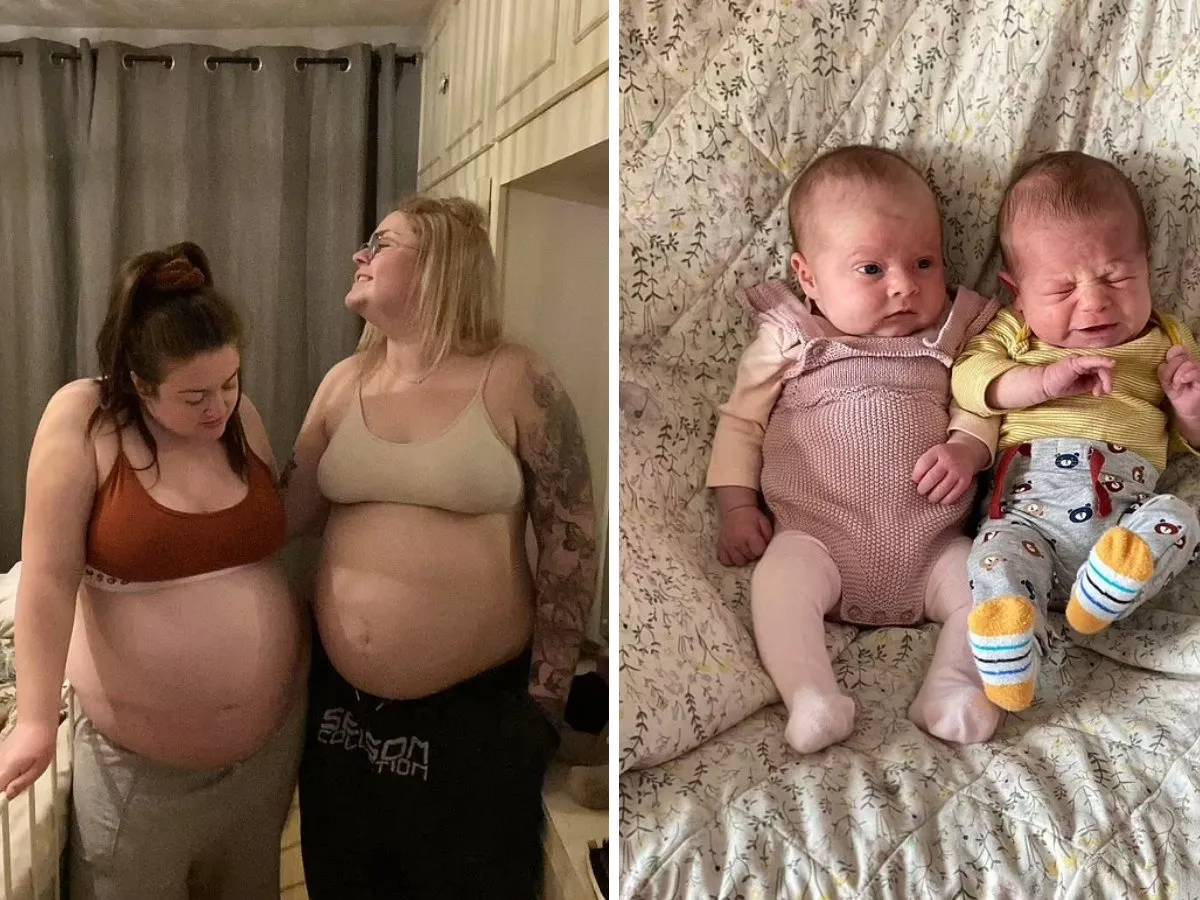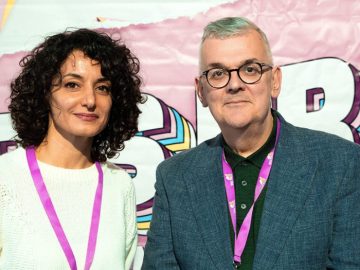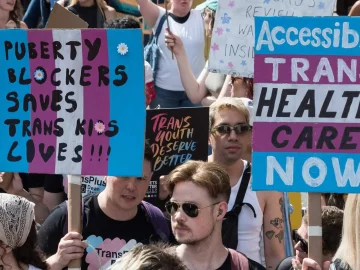In London, two women who are part of an LGBT+ couple are expecting a baby after using sperm from the same donor. Emily, 38, and Carrie, 35, are in the process of preparing for motherhood.
Secrets of donation: Who became the ideal donor for women
The women spent £25,000 on the insemination procedure. The donor was an American with Dutch-German roots. Before the procedure itself, the women received detailed information about his biography, pedigree, looked at his childhood photographs, listened to a recording of his voice and even checked his handwriting.
“We also know how he makes a living, his hobbies, likes and dislikes. We even know he has long fingers and high cheekbones,” says mother-to-be Kerry.
The donor also made a significant charitable donation to the clinic. This will ensure that future children have complete information about their biological father as soon as they turn 18. Despite the fact that pregnancies occur simultaneously, the boys carried by women will be born with a short time interval of a few weeks. Emily and Kerry are looking forward to the arrival of their children and the joys of motherhood.
Being born LGBT+: an example of acceptance and evolution in modern society
The birth of a child in an LGBT+ family is one of the important moments that demonstrates the evolution and inclusiveness of modern society. This event not only brings joy to parents, but also serves as an example of accepting diversity in family patterns.
One of the key features of having a child in an LGBT+ family is the use of assisted reproduction methods such as sperm or egg donation. These methods allow same-sex couples to have biological offspring and fulfill their desire to become parents.

However, the process of preparing for the birth of a child for an LGBT+ couple may involve additional steps, such as choosing a sperm or egg donor, medical procedures and legal aspects related to establishing parental rights.
It is important to note that the birth of a child in an LGBT+ family is no less significant and loved than in traditional families. For expectant parents, this often becomes a center of attention and a source of joy, and for society, it is a reason for awareness of the diversity of family forms.
In addition, the birth of a child in an LGBT+ family helps to expand understanding and tolerance in society. This sparks discussion about the rights and protection of LGBT+ families, and helps create a friendlier and more inclusive environment for all members of society.
Thus, the birth of a child in an LGBT+ family is not only a joyful event for parents, but also a step towards a more harmonious and understanding society, where every family has the right to happiness and children, regardless of their orientation or gender.




